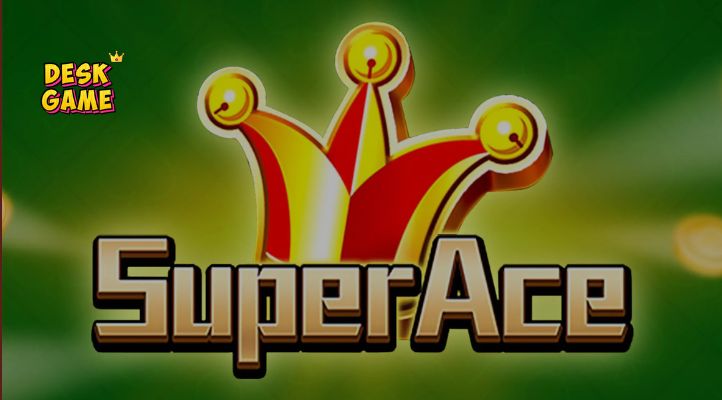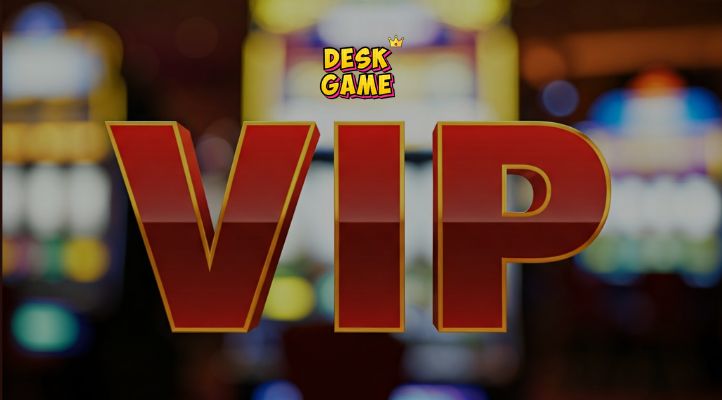Desk Game is free play?
- Jili Slot Machine
- 2025-01-13
- 4
- update:2025-01-13 06:01:03
Is Desk Game Free Play? Exploring the Boundaries of Accessibility and Enjoyment
In the realm of contemporary entertainment, desk games have surged in popularity, captivating individuals across all age groups. These games, which encompass a wide array from puzzles and card games to intricate miniature strategy games, offer a unique blend of mental engagement and social connectivity. However, the inquiry into whether desk games genuinely qualify as "free play" is a subject that merits profound examination. This article delves into the subtleties of desk games, scrutinizing their accessibility, the potential constraints they impose, and the broader implications of what it truly means for play to be "free."

Defining Free Play
To embark on this exploration, it is crucial to delineate what constitutes "free play." Free play is typically characterized by its voluntary nature, absence of rigidly structured rules, and the autonomy it grants participants. It is a form of play driven by the player's intrinsic motivation, fostering creativity, exploration, and personal expression without the imposition of external pressures or constraints.
The Accessibility of Desk Games
One of the pivotal arguments for classifying desk games as free play lies in their accessibility. Unlike many digital games that necessitate costly hardware or ongoing subscription fees, desk games often boast a low entry barrier. A simple deck of cards, a set of dominoes, or a basic puzzle can provide hours of entertainment at a minimal expense. This accessibility renders desk games an appealing option for a diverse demographic, irrespective of their economic background.
Furthermore, desk games are inherently portable and can be enjoyed in a variety of settings, from a kitchen table to a park bench. This adaptability significantly enhances their allure, facilitating spontaneous play that can be seamlessly integrated into everyday life.
Constraints and Rules
However, a defining characteristic of many desk games is the presence of rules. These rules, essential for maintaining the game's structure and fairness, can impose certain limitations on players. For instance, in a game of chess, players must adhere to specific movements for each piece, thereby constraining their freedom to act as they wish. This raises a pivotal question: can a game with stringent rules truly be deemed free play?
Proponents argue that the rules of desk games do not inherently diminish their status as free play. Instead, they provide a framework within which players can exercise their creativity and strategic acumen. The rules serve as a common foundation, ensuring that all players are on an equal footing and that the game remains fair and engaging.
Social Interaction and Autonomy
Another integral aspect of free play is the social interaction it fosters. Desk games often necessitate players to engage with one another, whether through cooperation, competition, or negotiation. These interactions can enrich the play experience, rendering it more dynamic and enjoyable. The social dimension of desk games cultivates a sense of community and shared experience, which can be profoundly rewarding.
Moreover, despite the presence of rules, players frequently enjoy a degree of autonomy in their approach to the game. They can devise their strategies, make decisions based on their understanding of the game, and even modify the rules to suit their preferences. This autonomy is a cornerstone of free play, as it allows players to tailor the experience to their liking.
Different Perspectives: A Closer Look
To gain a more nuanced understanding, let's examine various viewpoints on whether desk games qualify as free play.
Perspective 1: The Freedom Within Structure
Some contend that the structure provided by desk games actually amplifies the freedom of play. By establishing clear rules, players can concentrate on strategy and enjoyment rather than the logistical aspects of the game. This structure can also impart a sense of accomplishment and challenge, which are vital components of a satisfying play experience.
Perspective 2: The Limitations of Rules
Conversely, critics argue that the rules of desk games inherently curtail the freedom of play. They posit that true free play should be entirely unstructured, allowing for unbridled creativity and spontaneity. From this perspective, the constraints imposed by desk games relegate them to a form of structured play rather than free play.
Q&A: Addressing Common Queries
Q: Can desk games be considered free play if they have a competitive element?
A: Yes, competition does not inherently negate the free play aspect. The essence lies in the voluntary nature of participation and the autonomy granted to players in making their own decisions within the game. The competitive element can inject excitement and challenge, thereby enhancing the overall experience.
Q: How do collaborative desk games fit into the concept of free play?
A: Collaborative desk games, where players unite to achieve a common objective, can indeed be regarded as a form of free play. The emphasis on cooperation and collective decision-making fosters a high degree of autonomy and creativity, aligning seamlessly with the principles of free play.
Q: Are digital versions of desk games still considered free play?
A: Digital versions of desk games can still qualify as free play, provided they retain the core elements of accessibility, autonomy, and social interaction. However, the presence of in-app purchases or restrictive digital rights management (DRM) can undermine their free play status.
The Role of Context
The context in which desk games are played also significantly influences whether they can be deemed free play. For instance, if a desk game is employed as a mandatory educational tool in a classroom setting, it may not qualify as free play due to the absence of voluntary participation. Conversely, if the same game is played spontaneously among friends, it aligns more closely with the tenets of free play.
Balancing Structure and Freedom
Ultimately, the question of whether desk games constitute free play may not yield a definitive answer. It hinges on the delicate balance between structure and freedom, rules and autonomy. Desk games, with their amalgamation of accessibility, social interaction, and strategic depth, occupy a unique niche in the spectrum of play.
In conclusion of DeskGames Slot Machines., desk games can be perceived as a form of free play, albeit with certain caveats. The presence of rules and structure does impose some constraints, but these elements also provide a scaffold for creativity, strategy, and social engagement. The accessibility and flexibility of desk games render them a valuable instrument for fostering play in diverse contexts.
By acknowledging the intricacies of desk games and their role in promoting free play, we can deeper appreciate the myriad ways in which individuals engage with play. Whether through a spontaneous game of cards or a meticulously planned strategy game, desk games offer a rich and multifaceted play experience that resonates with the essence of free play.
pervious article:Desk Game are casino free spins?
next article:Desk Game is the best casino game to win money?










someting wan to say?...